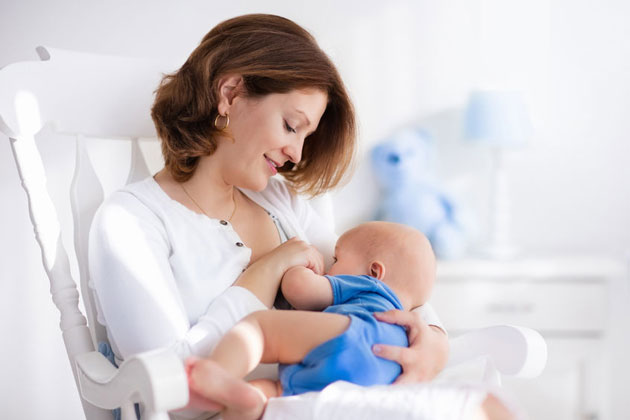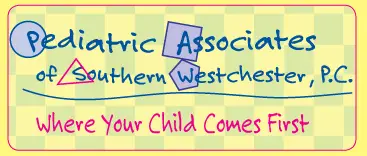
Everything You Need to Know About Breastfeeding During the Coronavirus
In short, it is safe to breastfeed during the coronavirus—as long as you do it the right way.

In short, it is safe to breastfeed during the coronavirus—as long as you do it the right way.

Brooklyn, Pediatric Immediate Care is a Team of Hearts where kids come first. Our state-of-the-art medical office allows us to deliver test results during visit...

Harrison, New York Joining the Scarsdale Medical Group pediatric care team, Olamide Odubogun, MD, FAAP specializes in newborn care, asthma management, ADHD, children wit...

New Rochelle, NY At Pediatric Associates of Southern Westchester, we are committed to providing quality, comprehensive healthcare for your child.

Brookville, NY Advantage Care Health Centers along with The Fay J. Lindner Center for Autism are Long Island’s premier Federally Qualified Health Care Centers (FQHC...